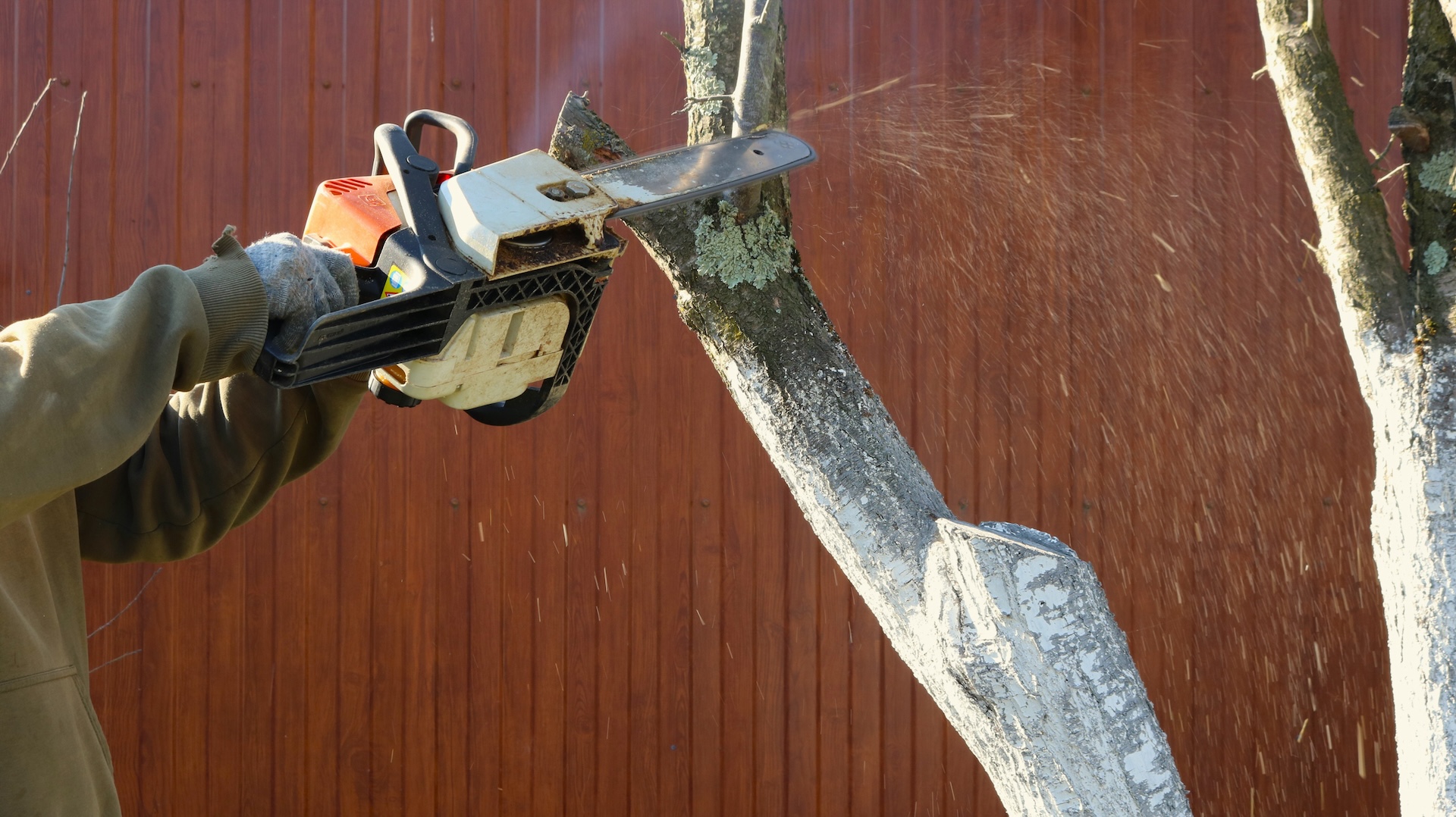A homeowner was stunned to come home one afternoon and see their carefully maintained front yard destroyed.
"We have a sign at the front of our yard that clearly says 'Do Not Prune, Owner Will Maintain' and has been there for years," they wrote.
Unfortunately, the landscaping company behind the damage had been contracted by their homeowners association, leaving the owner uncertain about how to proceed.
"Should I contact the HOA or the landscaping company?" they asked on the r/HOA subreddit. "I have already taken photos of everything."
Commenters were skeptical about the homeowner's options. "It sucks when the landscaping company screws up. But not much recourse here," one person commented. "You aren't a party to a contract with the landscaping company, so can't make a claim."
"TL;DR you don't own the outside and don't have property rights here," another agreed. But, they advised, "Still tell the board because they might not be happy they pruned it anyway."
HOAs have long been the subjects of controversy. They're infamous for being overly strict with minor rules, such as issuing fines for grass growing one inch too tall. And while many of these rules originated with aesthetics in mind, many homeowners feel that HOAs have become blatantly anti-environmental.
As WIRED magazine put it, "America's most boring association is fighting the planet."
For example, many HOAs insist on grass lawns instead of native plant lawns. The U.S. uses nine billion gallons of water on residential landscaping every day, and about 50% of that water is wasted. But native plants and xeriscaped lawns each save at least 1,000 gallons a year — and that's not even factoring in the benefits they provide to local pollinators.
Similarly, some HOAs have mandated that gardens be destroyed, preventing residents from saving money and eating healthier by growing their own food. HOAs have also been caught preventing owners from adding rooftop solar panels or additions as simple as a laundry line.
Even with these controversies, the reality is that for homeowners in several states, it's "nearly impossible" to buy a home that isn't part of an HOA.
Fortunately, there are several steps you can take from the TCD HOA guide to fight back against expensive, anti-environmental rules — and many people have succeeded in doing so.
But, as one commenter gently reminded this homeowner, even with the best plan, it's still wise to "be mentally prepared to lose."
Join our free newsletter for easy tips to save more, waste less, and help yourself while helping the planet.









